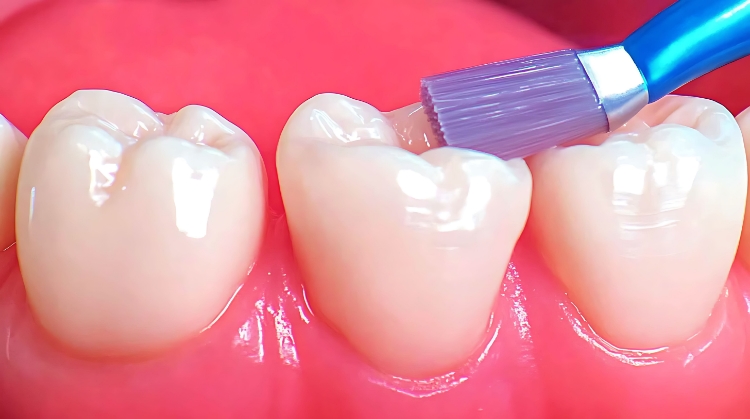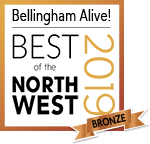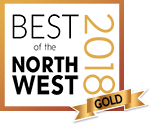When it comes to maintaining a beautiful and healthy smile, preventive measures play a vital role. One of the most effective preventive dentistry techniques available today is the use of dental sealants.
These thin, protective coatings are applied to the chewing surfaces of teeth, particularly molars, to prevent cavities and promote oral health. In this blog post, we will explore the importance of dental sealants, their benefits for cavity prevention, and why they are a great option, especially for kids.
What Are Dental Sealants?
Dental sealants are a safe and effective way to protect your teeth. They are made from a plastic resin that is painted onto the chewing surfaces of teeth, forming a protective barrier against food particles and bacteria that can lead to decay. Sealants are typically applied to the back teeth, where cavities are most likely to occur.
The application process is quick and painless, making it an ideal preventive measure for children and adults alike. Once applied, sealants can last for several years, meaning you can enjoy cavity protection without any additional maintenance.
Benefits of Dental Sealants
Cavity Prevention
One of the primary reasons parents consider sealants for kids is their ability to prevent cavities. The chewing surfaces of molars have deep grooves and pits that can trap food and bacteria. Sealants fill in these crevices, creating a smooth surface that is much easier to clean during regular brushing. According to studies, sealants can reduce the risk of cavities in molars by nearly 80% in the first two years after application.
Easy Application and Quick Results
The process of applying dental sealants is straightforward. The Dentist or Dental Hygienist will first clean the tooth surface, dry it, and then paint the sealant onto the tooth. A special light may be used to help it harden quickly. The entire procedure can usually be completed in just one visit and requires no anaesthesia, making it an immediate and pain-free solution for cavity prevention.
Affordability and Accessibility
Dental sealants are also a cost-effective solution when compared to the expense of treating cavities. Preventive dentistry measures like sealants can save families significant money in the long run. Many dental insurance plans cover sealants for kids, as they are considered an essential preventive measure. Even if uninsured, the cost of sealants is typically much lower than the expenses associated with cavity treatment.
Who Should Get Dental Sealants?
While dental sealants are commonly associated with children, they can be beneficial for individuals of all ages. Children should ideally receive sealants as soon as their permanent molars come in, typically between ages 6-12. However, adults can also benefit from sealants if they are cavity-prone or have not previously had them applied.
For kids, the use of sealants can instill lifelong habits of prioritizing dental health. They can also ease parents’ worries about the development of cavities, allowing everyone to maintain a cavity-free smile.
Maintenance and Longevity of Sealants
Dental sealants can last several years, depending on factors such as oral hygiene practices and the wear and tear from chewing. Regular dental check-ups will help to monitor the condition of the sealants and ensure that they remain intact. If a sealant does wear off over time, a dentist can easily reapply it to continue providing tooth protection.
To maintain the effectiveness of sealants, it is essential to combine their use with proper oral care routines. This includes brushing twice a day with fluoride toothpaste, flossing regularly, and visiting the dentist for cleanings and check-ups.
Final Thoughts
Dental sealants serve as an excellent preventive dentistry option to ensure a cavity-free smile, particularly for children. Their ability to provide effective cavity prevention, combined with a straightforward application process and long-lasting results, makes them an optimal choice for anyone looking to protect their teeth.
Remember, while dental sealants are a powerful tool for tooth protection, they should complement a well-rounded oral hygiene routine. By taking these preventive measures, you are investing in your long-term dental health and smiles that last a lifetime. Don’t wait—consult with your dentist about how dental sealants can benefit you and your family today!



















